I have to discuss Prophecy Girl.

Although, as fates go, this could be more terrible. I’ve long thought that Prophecy Girl is the best S1 episode, hands down (though it has competition). I love it because has a little bit of everything: teenage drama, regular drama, comedy, and metaphorically metaphory metaphors.
Remember how I mentioned back in the write-up for The Harvest that it had an emphasis on “ripening,” or “becoming”? Well, here’s that metaphor you ordered. This is ultimately a show about growing up. You may be familiar with the term “bildungsroman.” This show is that. Only not a book.
The prophecy that she has to die can be taken both literally and symbolically. Of course she has to die. Everybody dies. But the dying itself also symbolizes a loss of innocence. It’s no coincidence that the dress Buffy wears to go face her destiny is white.
It’s also no coincidence that The Master bites Buffy before discarding her. Knowing the connection between vampires and sexual awakening, the action is pointing to yet another aspect of growing up; the development of Buffy as a sexual being.

Yeah, I know—The Master’s pretty ick-looking and the thought of sex and him being connected pretty much makes my lady parts scream in terror, but the point stands. Symbolically, the virgin has been deflowered.
Oh, there certain subversions to the standard seduction tale; Buffy is the one that seeks The Master out, and she is the one that has to be led over the threshold. And that’s a nifty Buffy bonus. Buffy is just as afraid of her own power as Willow is, but she also knows her destiny is inevitable.
Buffy’s dying also symbolizes her transition into—well, not “adulthood” yet, but definitely into another phase in her quest for adulthood. Notice that she awakens revitalized and stronger than she was before. And where she was uncertain before, she’s back to her quippy, self-confident self when she faces The Master again.

But why do I say it’s not adulthood yet? Well, a couple things:
The show’s not over. There are six whole seasons after this one. Also, I’ve yet to meet an “adult” 16-year old. But in-show, there are a few clues.
Firstly, her dress? The all-white one that probably symbolizes purity and innocence? Considering how much stuff it’s gone through, it stays pretty unsoiled. And there’s that moment after The Master kaputs and everyone’s congratulating themselves. Buffy stares just a little too long at the remains—a sign that this ain’t over yet.
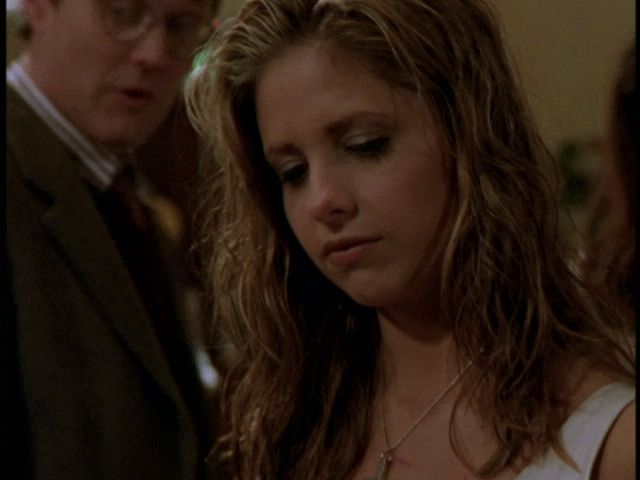
Maybe it’s also her way of acknowledging the loss of her old status as “just a kid,” who knows? It works either and both ways. But I do know she’s not quite ready for her new transitory status, and you’ll see why when we get to S2. There are still a few rites of passage to get through.
Speaking of “rites of passage,” Prophecy Girl deals with another, more mundane one, too: getting rejected. Poor Xander, eh? Well, no. Not “eh.” Xander deals pretty harshly to a surprisingly mature and gentle Buffy when she rejects him. There goes that cruel streak again.
Still, he does pull it together long enough to save her, so maybe even man-children can have moments of maturity. Hope springs eternal.
See you guys for S2.
Stray observations:
- It’s a bit cruel of Xander to practice asking Buffy out on Willow, no?
- “I wanna dance with you.” Xander does get his dance, eventually.
- Atta girl, Willow, refusing to be #2.
- This is the first time Buffy sees Angel since Angel.
- The scene where Buffy overhears Giles and Angel talking about the prophecy and breaks down is the best scene in S1. Proven by science.
- The vampires killing the kids in the Audio/Visual Room is a sign that Slayer world has invaded “normal” world. Buffy can’t escape.
- When Willow asks Buffy what they’re gonna do, Buffy’s voice breaks a little when she says “what we have to.”
- …Xander knows where Angel lives?
- Leading Buffy to The Master’s lair is the Useless One’s one and only job.
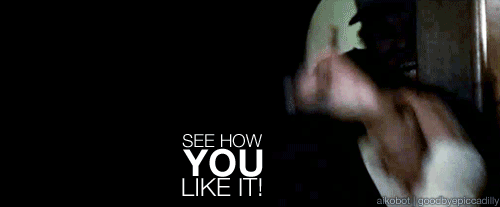 Now do you see why I love Cordy?!
Now do you see why I love Cordy?!


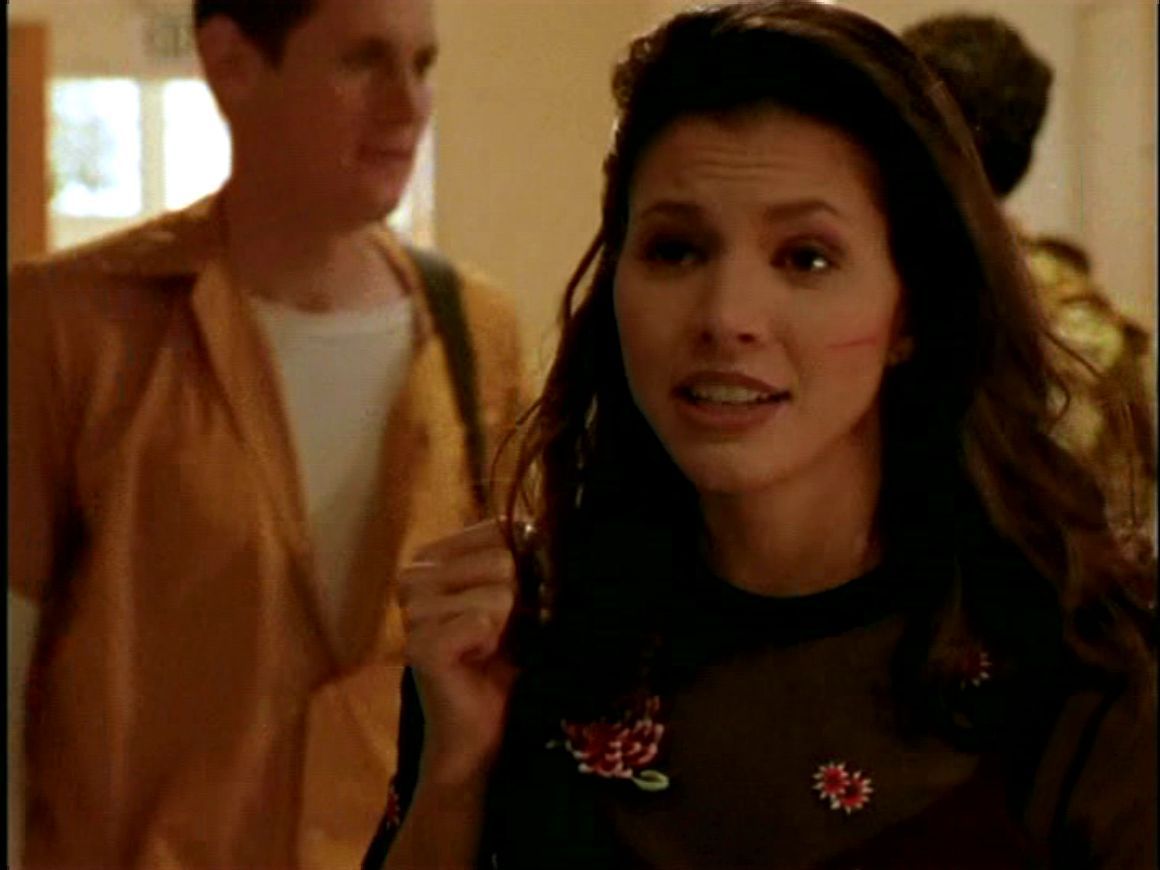


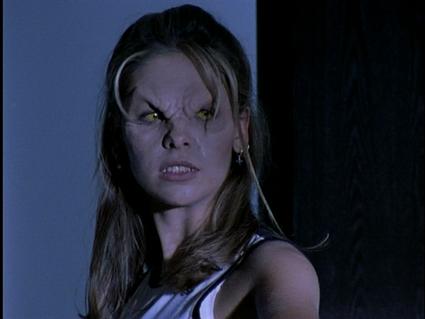
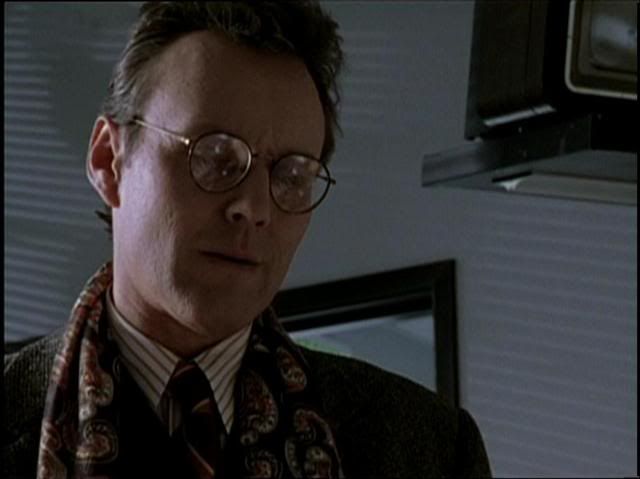
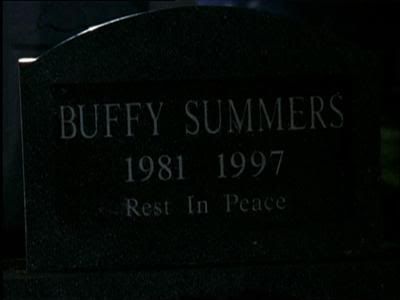
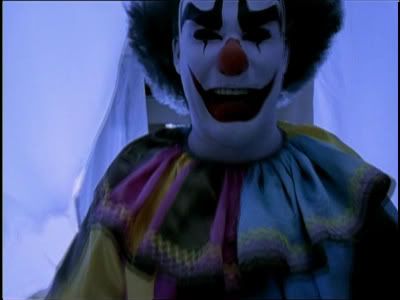
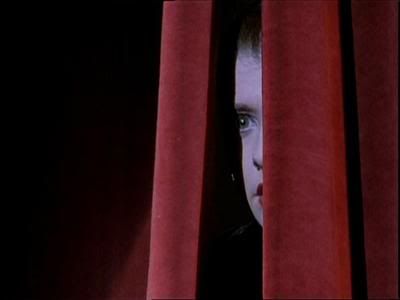




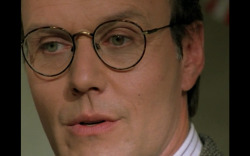

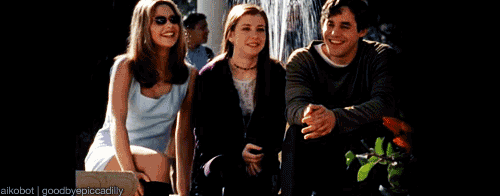 Source
Source



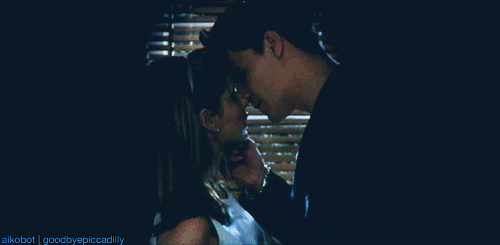 (
(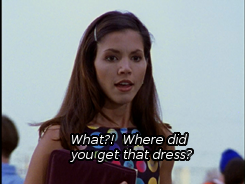
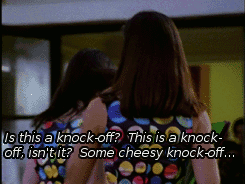 “This is exactly what happens when you sign these free trade agreements!”
“This is exactly what happens when you sign these free trade agreements!”






 (courtesy of
(courtesy of